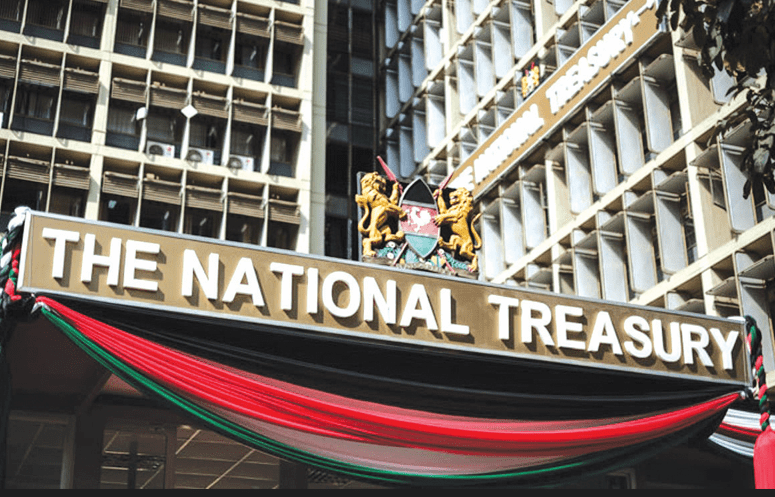Pandemic drives 25pc of Kenyans to mobile loans

At least 22 million Kenyans are struggling to pay bills or repay their loans due to the raging Coronavirus (Covid-19) pandemic, a new survey shows.
The Financial Sector Deepening Kenya (FSD) survey also shows 25 per cent of Kenyans run to digital lending apps to borrow to survive through the pandemic.
Next point of call was the shopkeeper, while banks and shylocks were the third and fourth most preferred options respectively. The study shows that nearly half of adults in Kenya suffer lack of financial resilience and are vulnerable to the pandemic.
Coping mechanisms
According to FSD, 48 per cent of Kenyans cannot survive for three months if their current source of income is disrupted.“Covid-19 poses challenges that undermine the traditional coping mechanism,” the report notes.
The 48 per cent also cannot not raise Sh8,000 emergency money within a month from any source which is Kenya’s per capita Gross National Income.
With average monthly household consumption at Sh5,000, according to government data, this emergency money is equivalent to about 1.6 months of consumption per person.
However, due to the easing of the pandemic hardships borrowing from friends and family has dropped from 73 per cent in May to 55 per cent in September. Retirement age adults are 14 percentage points less resilient than the prime age prevalence.
Only 25 per cent which is 11 million Kenyans have savings for emergencies while 9 per cent rely on borrowing for emergencies.
About 24 per cent would leverage their social networks when disaster strikes while 34 per cent depend on their employment or employer in case of emergencies.
The remaining 9 per cent would resort to selling assets when they are faced with an emergency.
Household consumption spending in Kenya makes up 82 per cent of gross domestic product (GDP), meaning resilience is key to economic growth.
“Keeping Covid-19 at bay will require social distancing measures that will reduce that spending and exact a toll on livelihoods,” said Paul Gubbins, a UK-based development consultant.
Over two thirds of Kenyan adults earn the majority of their income from either casual work, farming, or non-farm self-employment.
Central Bank of Kenya reached a deal with telcos to allow low income Kenyans to send money for free to reduce the pain on the poor.
Commercial banks were also directed to allow borrowers time to recover from the shock.
“However, Kenya’s innovative financial sector, a culture of entrepreneurship and cash transfer programmes are some of the key strengths that can be leveraged,” said Gubbins.
Workers in the tourism sector, small and medium enterprises were the most affected as firms laid off workers due to reduced demand.
Second time
The government for the second time in less than six months asked the International Monetary Fund (IMF) for cash to battle the pandemic hardships having borrowed Sh79 billion in May.
“A portion of that budget support would be well spent by significantly expanding cash transfers to those who lack the resilience to weather the storm,” said Gubbins.
However, the latest Standard Bank PMI results shows that private sector activities had begun to pick up steam with hiring rapidly increasing though the second wave of virus infections may put a damper on the trend.
The Index which measures the private sector activity, rose to 59.1 in October from 56.3 level in September – the highest PMI reading for Kenya so far.















